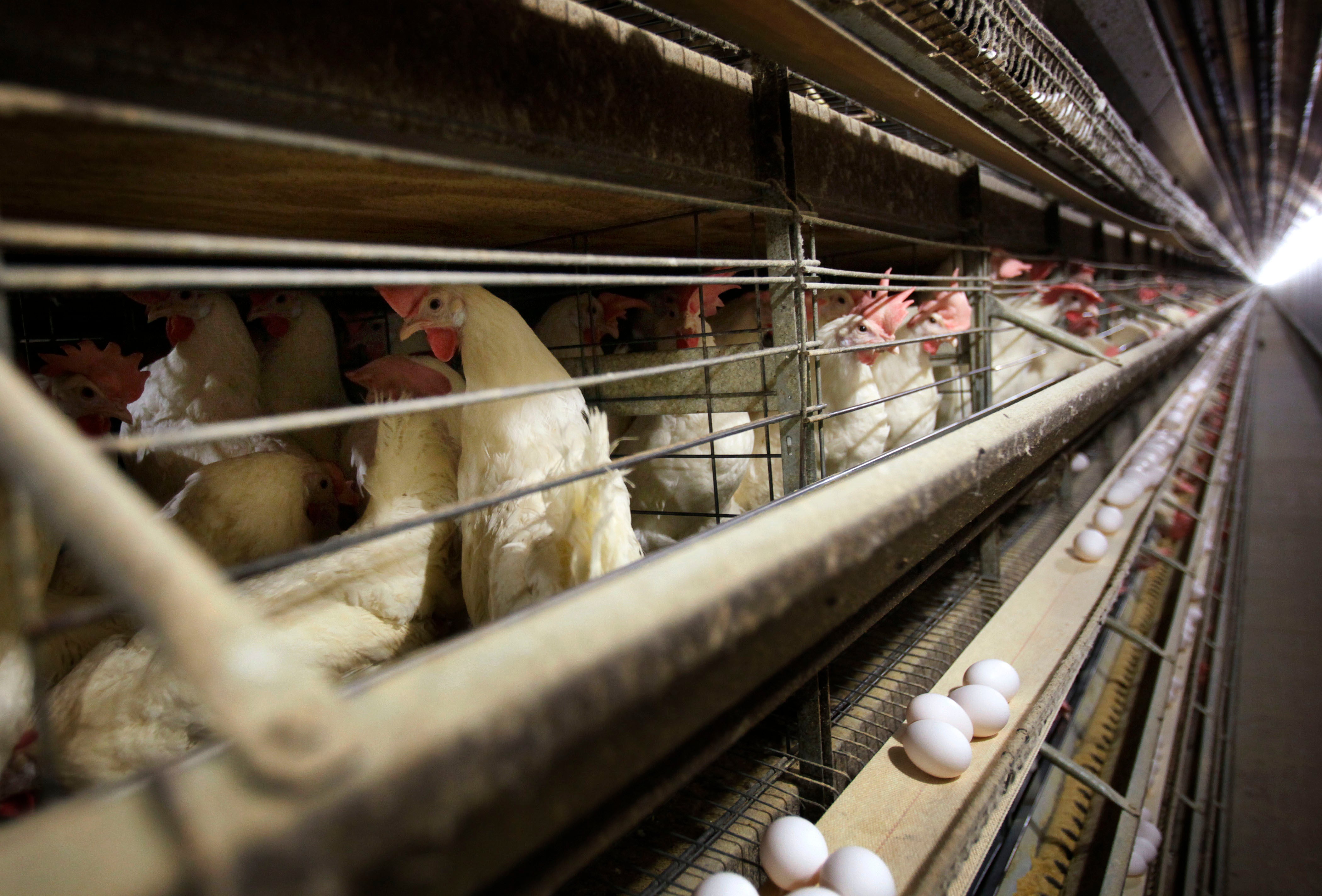Colorado Bird Flu Outbreak

The highly pathogenic avian influenza (HPAI) outbreak in Colorado began in late March 2023, affecting both commercial and backyard poultry flocks. The virus has spread rapidly through the state, prompting state and federal agencies to implement control measures to prevent further spread.
The outbreak has had a significant impact on the poultry industry, with millions of birds being euthanized to control the virus. This has led to disruptions in the supply chain and increased prices for poultry products. The virus has also affected wild bird populations, with thousands of birds being found dead due to the infection.
State and federal agencies have been working to contain the outbreak and prevent its spread. Measures taken include increased surveillance and testing, quarantine of infected flocks, and vaccination of poultry. The Colorado Department of Agriculture has also issued an emergency order prohibiting the movement of poultry and poultry products from affected areas.
Bird Flu Prevention and Control
Colorado bird flu – The prevention and control of bird flu in Colorado involve a multifaceted approach that encompasses quarantine measures, vaccination programs, and biosecurity practices. These measures are essential in mitigating the spread of the virus and safeguarding the health of poultry and humans alike.
Public health agencies play a pivotal role in coordinating these efforts, providing guidance and resources to poultry owners and the general public. They monitor the situation closely, conduct surveillance, and implement quarantine measures when necessary to contain outbreaks. Community involvement is also crucial, as reporting suspected cases of bird flu and adhering to biosecurity measures can significantly contribute to prevention and control efforts.
Quarantine Measures
Quarantine measures are implemented to restrict the movement of poultry and poultry products from infected areas to prevent the spread of the virus. This may involve establishing restricted zones around infected premises, prohibiting the movement of poultry and eggs, and implementing disinfection protocols.
Vaccination Programs, Colorado bird flu
Vaccination programs are an effective means of protecting poultry from bird flu. Vaccines are available for various strains of the virus, and they can significantly reduce the severity of symptoms and mortality rates. Vaccination programs are typically implemented in areas where bird flu is prevalent or where there is a high risk of outbreaks.
Biosecurity Practices
Biosecurity practices are essential for preventing the introduction and spread of bird flu on poultry farms. These practices include measures such as isolating poultry from wild birds, maintaining proper hygiene and sanitation, and using protective clothing and equipment. Implementing strict biosecurity measures can significantly reduce the risk of bird flu transmission.
Recommendations for Poultry Owners
- Practice good biosecurity measures, including isolating poultry from wild birds, maintaining proper hygiene, and using protective clothing.
- Vaccinate poultry against bird flu strains prevalent in the area.
- Monitor poultry for signs of illness and report any suspected cases to the local veterinary authority.
- Dispose of dead birds properly to prevent the spread of the virus.
Recommendations for the General Public
- Avoid contact with sick or dead birds.
- Cook poultry and eggs thoroughly before consuming them.
- Practice good hygiene, including washing hands after handling poultry or poultry products.
- Report any suspected cases of bird flu to the local public health authority.
Bird Flu Research and Surveillance

Bird flu, a highly contagious viral infection, has raised concerns in Colorado, prompting ongoing research efforts to combat its spread. Researchers are delving into the virus’s behavior, transmission patterns, and potential preventive measures. Understanding these aspects is crucial for developing effective strategies to safeguard the state’s poultry industry and public health.
Surveillance and Monitoring
Surveillance and monitoring programs play a pivotal role in detecting and tracking the spread of bird flu. Colorado has implemented robust surveillance systems to monitor poultry flocks for signs of infection. These programs involve regular testing, reporting, and data analysis to identify potential outbreaks early on. Additionally, environmental surveillance is conducted to track the presence of the virus in wild bird populations, which can serve as reservoirs for the infection.
Challenges and Opportunities
Despite advancements in research and surveillance, there remain challenges in the fight against bird flu. The virus can mutate rapidly, leading to the emergence of new strains that may evade existing vaccines or treatments. Moreover, the movement of migratory birds poses a constant threat of virus introduction from other regions.
Opportunities exist to strengthen bird flu research and surveillance in Colorado. Enhanced collaboration between researchers, veterinarians, and public health officials can foster knowledge sharing and the development of innovative strategies. Additionally, investments in technology, such as real-time data analysis and advanced diagnostic tools, can improve the accuracy and efficiency of surveillance efforts.
Colorado bird flu cases have escalated, prompting the state to issue an emergency declaration. Meanwhile, on the international front, Glenn Youngkin’s visit to Israel has garnered attention. Youngkin’s trip underscores the growing diplomatic ties between the two nations, particularly in areas of trade and technology.
However, the bird flu outbreak in Colorado serves as a sobering reminder of the challenges facing both local and global communities.
The recent outbreak of bird flu in Colorado has raised concerns among poultry farmers and public health officials alike. While the virus has not yet been detected in humans, it has the potential to cause severe illness and even death.
Bill Ackman , a prominent hedge fund manager, has been vocal about the risks posed by bird flu, calling for increased surveillance and vaccination efforts. As the outbreak continues, it is important for both individuals and government agencies to take steps to protect against the spread of this deadly virus.